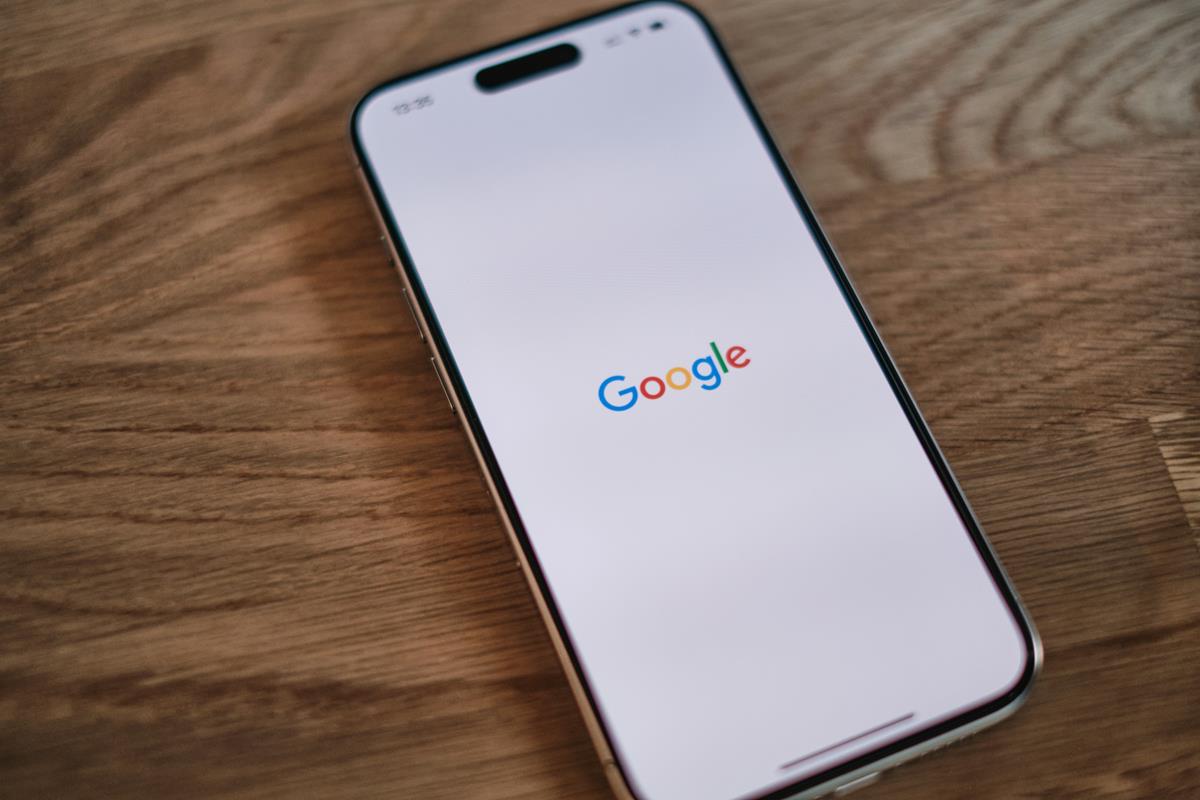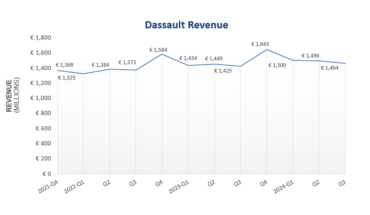
Educational technology company Chegg has filed a lawsuit against Alphabet Inc.’s Google, alleging that the tech giant’s AI-generated search summaries are undermining original content creators and diverting traffic away from educational platforms. Filed in Washington, D.C., the lawsuit contends that Google’s AI overviews, which provide synthesized answers directly on the search page, reduce the need for users to visit source websites, thereby eroding the financial incentives for publishers to produce quality content.
Chegg, known for offering textbook rentals, homework assistance, and tutoring services, claims that the introduction of these AI summaries has led to a significant decline in its website traffic and subscriber base. The company asserts that Google’s practices effectively co-opt publishers’ content without proper compensation, keeping users within Google’s ecosystem and diminishing the visibility of original content providers.
In response to these challenges, Chegg has announced a strategic review, including the possibility of selling the company or taking it private. CEO Nathan Schultz emphasized the gravity of the situation, stating that Google’s AI overviews have “negatively impacted our industry and our business.” The company has also experienced a dramatic stock decline, with shares plummeting over 98% from their peak in 2021, and has undertaken significant layoffs, reducing its workforce by 21% in recent months.
Google has dismissed Chegg’s claims as meritless. Spokesperson Jose Castaneda stated that AI overviews are designed to enhance the search experience and direct users to a broader range of sources. He emphasized that Google continues to send billions of clicks to websites daily, suggesting that the AI features are intended to complement, not replace, original content.
This lawsuit marks a significant development in the ongoing debate over the role of AI in content aggregation and its impact on original content creators. As AI technologies become increasingly integrated into search engines, concerns about intellectual property rights and fair compensation for content creators are intensifying. The outcome of this legal battle could set a precedent for how AI-generated content is handled in the future, potentially influencing regulations and business practices across the digital publishing industry.
Advertisement





